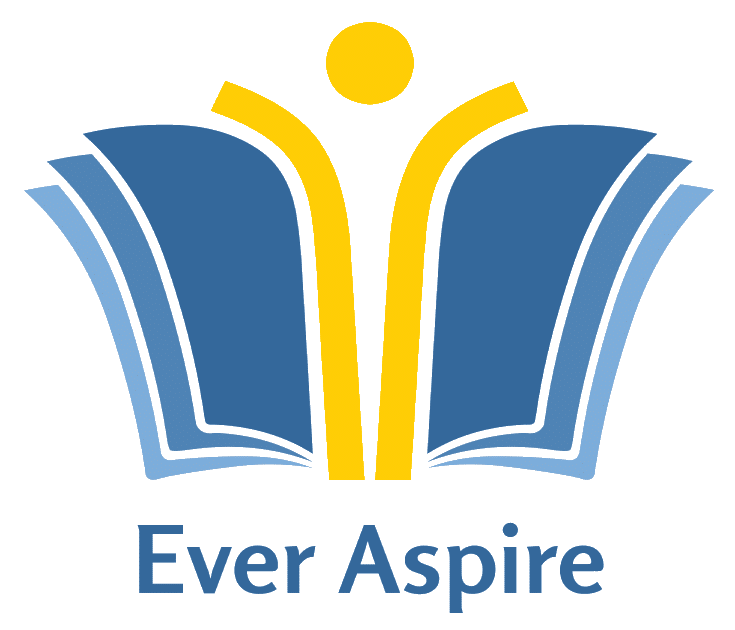+918657454590 | [email protected]
Study Abroad > Study in Canada
Why study in Canada

Education System in Canada
Post-secondary education is offered by four types of educational institutions
Types of Certification:
Intakes
Tuition fees : (Public)
Popular courses
Tuition fees
Tuition fees : (Public)
Level of Education | Course Duration | Tuition fees per year (Approx. in CAD) |
|---|---|---|
Certificate / Diploma | 2 to 3 years | CAN$ 13,000 to 16,000 |
Bachelor Degree | 3 to 4 years | CAN$ 13,000 to 18,000 |
Post Graduate Certificate/ Diploma | 1 Year | CAN$ 14,000 to 20,000 |
Master’s Degree | 2 years | CAN$ 17,000 to 30,000 |
Master of Business Administration (MBA) | 1-2 years | CAN$ 20,000 to 40,000 |
Living cost: Living expenditure is approx. 8,000-15,000 CAD$ per year, depending upon the location / type of accommodation.
Visa & Biometric Fees: 235 CAD
Health Insurance Costs: It is mandatory to have health insurance for international students in Canada. It varies from province to province and is dependent upon the length of stay too.
Looking for an education loan to finance your Canada study abroad plans? Contact us to get the best and fastest education loan offers from multiple loan providers.
Scholarships in Canada
Scholarship opportunities are limited in Canada and given by some institutions only to students of high merit and often cover only a part of the students tuition fees and living expenses. The chances of getting scholarships are extremely competitive and scholarship applications usually need to be made along with the course applications.
Scholarships are Merit based, based on Ethnicity and some institutions also offer sports scholarships. Check the individual university / college websites for more details.
Student Accommodation in Canada
Many study institutions of Canada have their own residences and dormitories with shared facilities whose costs can vary from 350 to 600 CAD pm. Homestays with a monthly outgo in the range of 350 to 800 CAD and off campus rented accommodation are also available whose costs can range from 350 to 1200 CAD pm.
To book your off campus student accommodation in Canada, contact us. Click Here.
Top Study Locations in Canada
Toronto, Montreal, Vancouver, Ottawa, Quebec, Edmonton, Calgary, Ontario, British Columbia, Waterloo
Exams for studying in Canada
Academic Requirements to study in Canada
Documents required for student Visa
Note - Additional documents may be required for individual universities and colleges.
Language test eligibility criteria
Study Abroad Countries


 IELTS
IELTS




















